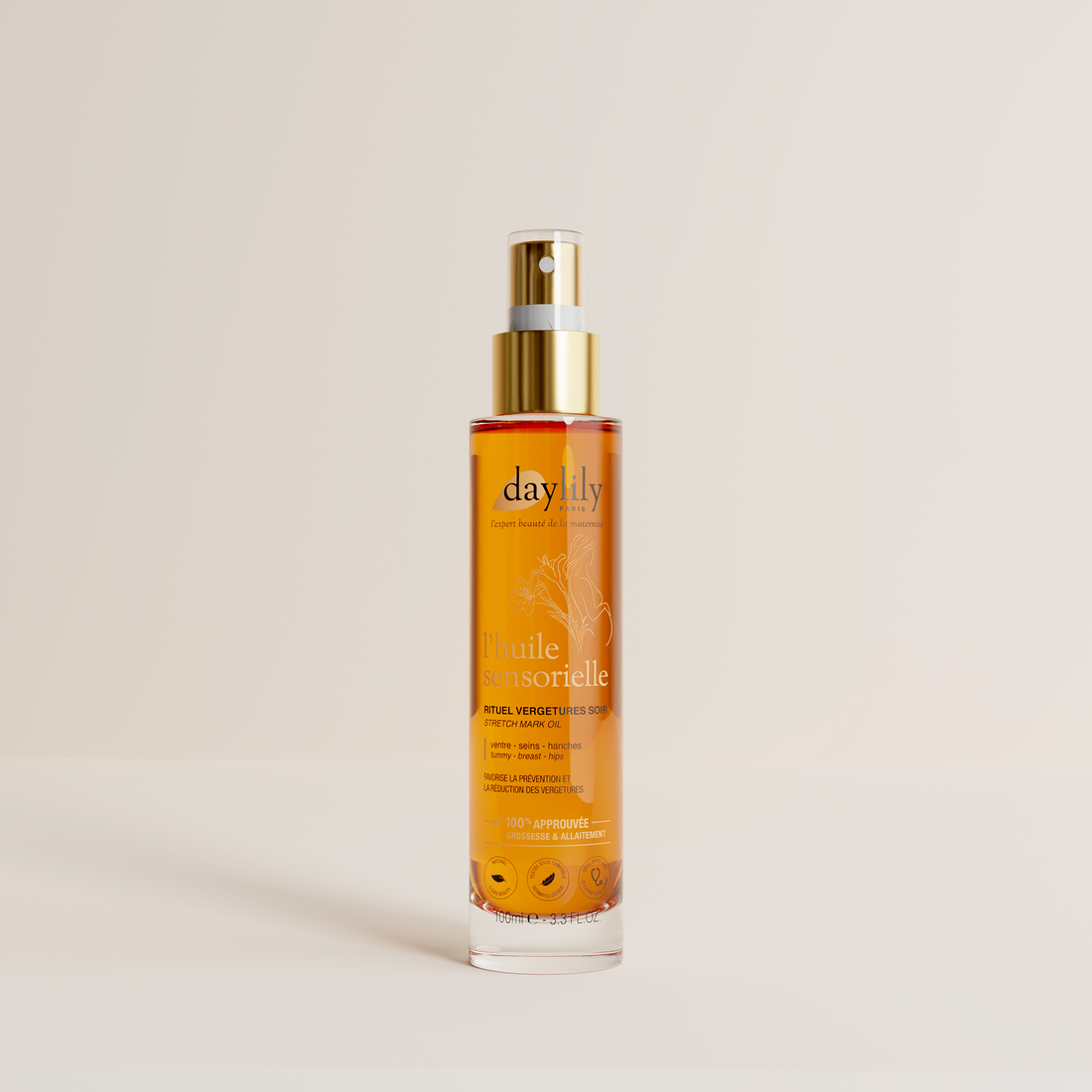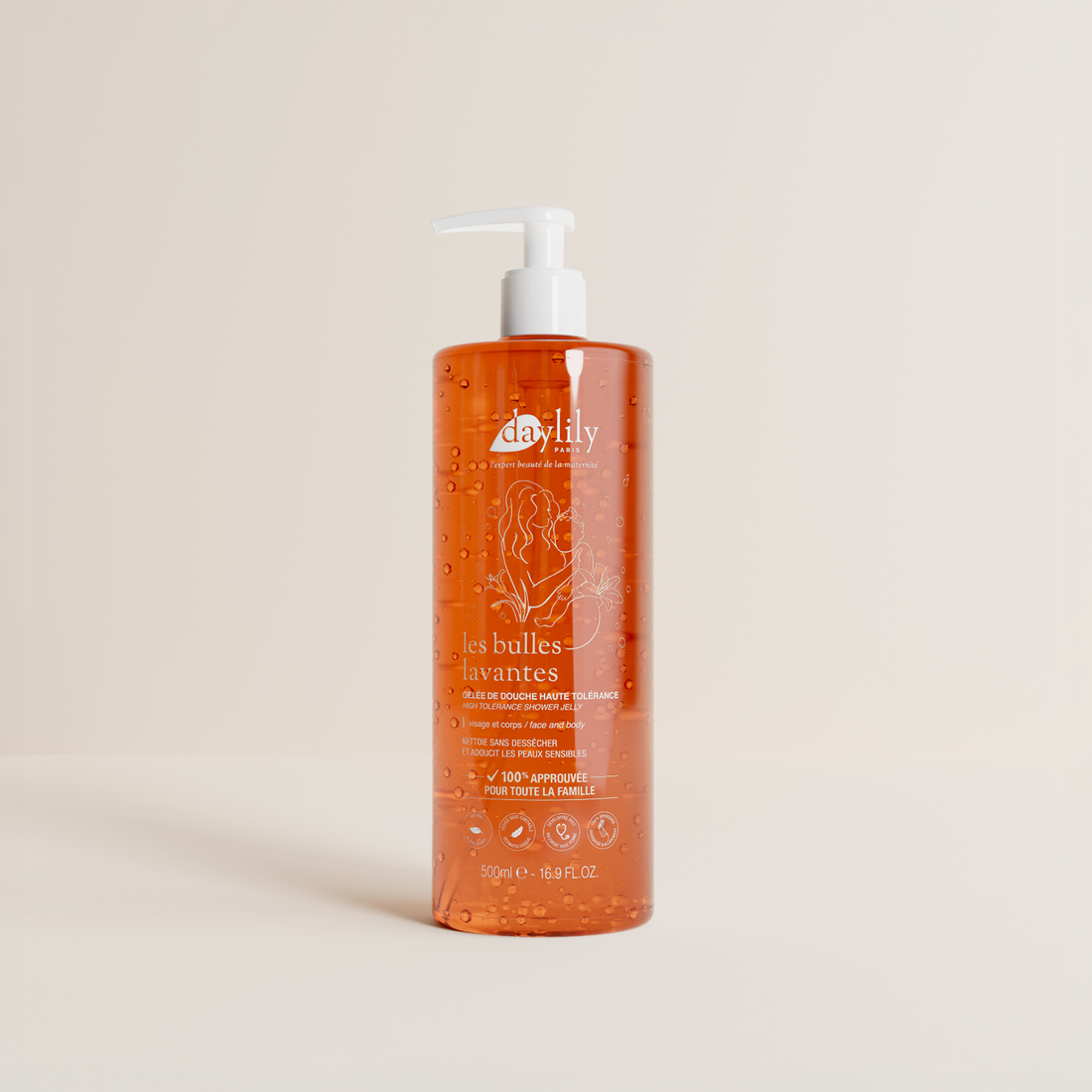- Coronavirus and pregnancy: little-known risks
- Deconfinement and pregnancy: a relaxation of the rules
- Deconfinement: what can we allow ourselves when we are pregnant?
Coronavirus and pregnancy: little-known risks
Covid-19 is a new disease, on which researchers and scientists have little perspective. The first studies seem encouraging for pregnant women: in most cases, coronavirus infection during pregnancy was not transmitted to the fetus. Studies point to the risk of premature birth, fetal distress and note an increase in cesarean sections, while admitting that the data is currently insufficient to draw definitive conclusions. While waiting for new research to confirm these statements, caution is required if you are expecting a baby.
Pregnant women are in fact considered at risk from the third trimester – an increased risk if they suffer at the same time from pathologies such as diabetes, hypertension or if they are overweight.
What is certain is that the immune system is weakened during pregnancy. This reaction of the body is completely normal: the role of the immune system is to fight against all elements foreign to your body to defend it. By lowering its immunity, the baby is not recognized as a foreign element and can therefore grow in complete peace of mind. On the other hand, expectant mothers are more sensitive to viruses and bacteria and are therefore more likely to get sick.
Deconfinement and pregnancy: a relaxation of the rules
Good news for pregnant women, the rules are gradually becoming more flexible in maternity wards. The spouse, whose presence is permitted during the birth, can now visit you during your stay. However, this is the only visit authorized in most establishments: you will have to wait a little longer to introduce your baby to the whole family.
Likewise, you must continue to go alone to your medical visits, pre-natal examinations and ultrasounds to limit the possible spread of the epidemic.
Childbirth preparation classes, stopped during confinement, are gradually resuming, either by videoconferences or in person with rules adapted to guarantee the safety of pregnant women.
Deconfinement: what can we allow ourselves when we are pregnant?
Walking, enjoying the good weather, going for a walk, seeing friends again are some of the things that soothe the heart and restore morale – getting rid of stress , dark thoughts, finding a good mood and joy of living is beneficial for the baby, who feels your emotions in utero. There is therefore no question of depriving yourself of it, especially since vitamin D , synthesized under the action of the sun, and moderate physical activity stimulate the immune system - but by respecting the usual recommendations and taking certain precautions .
Avoid, as much as possible, places that bring together a lot of people – the reopening of shopping centers, restaurants and places of life announced by the Prime Minister is good news, but it is advisable to remain cautious and avoid for a while longer. large family gatherings, supermarkets or busy public transport. If you work in contact with the public, if you have to take the metro or the bus during rush hours, if you think you are more exposed due to your activities and your journeys, you can ask your gynecologist or your doctor for a work stoppage. to limit the risks.
If you have to go out, wearing a mask , disposable or reusable, homemade fabric or purchased at the pharmacy is strongly recommended whenever you travel. Invite those around you to wear one as well: although it does not guarantee non-contamination, it is an additional protection which considerably reduces the risk of infection.
Respect the barrier gestures put in place from the start of the crisis: maintain a reasonable distance (1.5m) from other people, also remember to wash your hands very regularly, with soap and water. Hydroalcoholic gel should only be used when you do not have a sink at hand: the alcohol it contains can cross the placental barrier and reach the baby.
While caution remains in order, France is heading towards a return to normal with a gradual easing of bans for pregnant women. As the situation evolves rapidly and may differ from one region to another or from one practitioner to another, we invite you to contact your gynecologist, your midwife or your maternity ward to find out the latest measures on the subject. and experience the end of your pregnancy well informed and peaceful!
Last little advice: stay calm and confident , don't let fear and anxiety invade you, favor a positive state of mind and everything will be fine ;-)


































